Lawmakers gonna law-make, and committee agendas for the Tennessee General Assembly are filled to the brim with a vast and complex array of proposals for a better Tennessee (depending on where you sit).
Hundreds of bills filed in Nashville cover everything from far-right-fueled covenant marriages to hunters finding wounded deer with drones to rules that take the high out of Tennessee cannabis products — and so much more.
Here are a few bills we’re watching.

Gender transition (SB 0676)
Senator Brent Taylor (R-Memphis) says this law ensures that if a gender clinic takes state funds to perform gender transition procedures, they’ll have to also perform “detransition procedures.”
The bill also requires a report to the state on a ton of information about any transition procedures: the age and sex of the patient, what drugs were given to them, when the referral was made, what state and county the patient is from, and a complete list of “neurological, behavioral, or mental health conditions” the patient might have had. Almost everything but the patient’s name and WhatsApp handle.
Forever chemicals (SB 0880)
The U.S. Chamber of Commerce is pushing this bill, and maybe not just in Tennessee.
When Mark Behrens, a representative of the U.S. Chamber of Commerce Institute for Legal Reform, explained it to a Senate committee last week, he specifically mentioned PFAS (also called forever chemicals by some), which are found in nonstick cookware, firefighting foam, and more. He also broadly mentioned “microplastics” and “solvents.”
Behrens claimed these may have a PR problem but they may also be in a situation where “the science [on them] is evolving and they may not have an impact on human health, or that impact may be unclear.”
So rather than the state banning them for just having a bad rap, any ban would have to be based on “the best available science.”
Senator Janice Bowling (R-Tullahoma) asked if this could be used to keep fluoride out of drinking water. No, she was told.
Medical Ethics Defense Act (SB 0955)
“This bill prohibits a healthcare provider from being required to participate in or pay for a healthcare procedure, treatment, or service that violates the conscience of the healthcare provider.” The bill itself is scanty on details. On its face, it sure sounds like it’s aimed at the LGBTQ community.
But bill sponsor Senator Ferrell Haile (R-Gallatin) said it was a “straightforward bill,” covering things such as assisted suicide or whether or not a pharmacist felt comfortable prescribing birth control.
Deer and drones (SB 0130)
This one is straightforward. It would allow hunters to use drones to find deer they shot.
WHO now? (SB 0669)
With this bill, Taylor, the Memphis Republican, says pandemics can only be declared by the American, baseball-and-apple-pie Centers for Disease Control and Prevention (CDC), not the Swiss, soccer-and-Toblerone World Health Organization (WHO).

Cash for STI tests (SB 0189)
Senator London Lamar (D-Memphis) wants to give higher-education students in Tennessee $250 for taking a voluntary test for sexually transmitted diseases.
Felonies for protestors (SB 0672)
You know how Memphis protestors like to shut down the Hernando DeSoto Bridge? Well, Taylor, that Memphis Republican, would make that a felony.
But it’s not just big roads and protestors. The bill applies to anyone obstructing “a highway, street, sidewalk, railway, waterway, elevator, aisle, hallway, or other place used for the passage of persons or vehicles.” Those would be Class E felonies.
But if the “offense was committed by intentionally obstructing a highway, street, or other place used for the passage of vehicles,” it would be a Class D felony.
What’s in a name? (SB 0214)
This bill would prohibit any public facility to be named for a local public official who is currently in office — and for two years after they leave office. The same prohibition would also apply to anyone who has “been convicted of a felony or a crime of moral turpitude.”
Covenant marriage (SB 0737)
This bill creates “covenant marriage” in Tennessee. And the most important thing the bill caption wants you to know about the law is that this kind of marriage “is entered into by one male and one female.”
Covenant marriage is, like, a mega, pinky-swear marriage. To get it, couples have to go to premarital counseling and their preacher or counselor or whoever has to get notarized and some kind of pamphlet to be printed by the secretary of state.
Getting out of a covenant marriage is, like, way hard. A partner would have to cheat or die, be sentenced to death or lifelong imprisonment, leave the house for a year, or physically or sexually abuse the other partner or the couple’s children.
These types of marriages are only available now in Arizona, Arkansas, and Louisiana.
Oh, and if you wonder where this is coming from, check out a video posted on our website that shows Senator Mark Pody (R-Lebanon), one of the bill’s sponsors, at church talking about “wicked” gay marriage. — Toby Sells

Clearing Homeless Camps (SB 0217)
A bill would give those living in homeless camps three days to vacate if their camp is targeted for removal in a new program that could cost around $64 million each year from the state highway fund.
Senate Bill 0217 would require the Tennessee Department of Transportation (TDOT) and other agencies to regulate “the collection, storage, claiming, and disposal of personal property used for camping from the shoulder, berm, or right-of-way of a state or interstate highway, or under a bridge or overpass, or within an underpass of a state or interstate highway.”
The bill, sponsored by Taylor, coasted through its first vote by the Senate Transportation and Safety Committee last week with only one Democrat voting against it. Taylor said he had experience in trying to clear areas of personal property and called it the “most complicated thing [he] had done as an adult.”
“What this bill does is simply allow TDOT to go into communities like Memphis, Nashville, Chattanooga, Knoxville, or any other community and to go ahead and preplan how they’re going to deal with homeless encampments and go ahead and work with social services networks in that community,” Taylor said.
Taylor said this network will include law enforcement, so that all the duties will already be spelled out when an encampment needs to be removed. He also said this bill does not criminalize homeless people.
“This serves not only the state and the local community, but this serves the homeless folks as well,” Taylor said. “When they identify a homeless encampment that needs to be cleared, there’ll be nonprofits and social services available to the people in homeless encampments. We all have empathy, but whatever has driven somebody to have to live under a bridge, their lot in life is not getting better by living under a bridge.”
Taylor said the bill will help communities develop a memorandum of understanding (MOU) to tackle this issue in a way that’s beneficial to both the city and the homeless. Senator Heidi Campbell (D-Nashville) asked if the bill outlines how their belongings will be stored, to which Taylor responded that the decision would be left to the board.
“I understand the intent,” Campbell said. “I have a similar thing happen in my district. I just am concerned without the direction from the legislation, the homeless peoples’ items and things need to be considered, that we’re putting the discretion to be able to take stuff away from homeless people in somebody’s hands where it might not have been before.”
Lindsey Krinks, co-founder of Housing for All Tennessee and Open Table Nashville, noted citizens’ concerns for the bill — specifically, the disposal of homeless people’s belongings.
“What this bill doesn’t tell you is that the campsite removal costs will be passed down to local governments; we’re really concerned about that,” Krinks said. “We all want to see the number of people living in encampments decrease, but the way we do that is not to play a game of Whack-A-Mole. It’s to break the cycle of homelessness through providing housing and support to people.”
Krinks said the bill does not address homelessness nor the deficit of housing or shelter. She noted that the bill’s “aggressive” deadline of removal three days after receiving a complaint does not allow people to secure permanent housing.
Taylor said this bill will address these concerns as the agencies and TDOT will help people get connected to the services they need. He said continuing to let people live in encampments without services does not provide them with extra support.
“If you support homeless people and want to get them the services they need and help them live in dignity, then you would support this bill because we’re able to make that connection when we clear a homeless encampment between a person in need and social services they need to connect them,” Taylor said. — Kailynn Johnson
Happy high? (HB 1376)
State Republicans propose either stricter cannabis rules or none at all.
Despite warnings that the hemp industry would be decimated, the House Judiciary Committee passed a measure last week that would put stricter regulations in place.
Sponsored by House Majority Leader William Lamberth (R-Portland), House Bill 1376 would place the industry under the Alcoholic Beverage Commission instead of the Department of Agriculture and remove products from convenience and grocery stores. Only vape and liquor stores would be allowed to sell some hemp products.
The House bill was slated to be heard this week in the Commerce Committee where agreements with the industry could be reached.
“It does ban [derivatives] THCA and THCP. The reason for that is we have not legalized marijuana in this state,” Lamberth said.
Hemp is distinguished from marijuana in that it contains a compound called delta-9 THC. Cannabis with a concentration of less than 0.3 percent delta-9 THC is defined as legal hemp in Tennessee — and federally. Cannabis with concentrations greater than 0.3 percent is classified as marijuana and is illegal to grow, sell, or possess in Tennessee.
Hemp flowers also contain THCA, a nonintoxicating acid that would be banned in Tennessee under this bill. When heated or smoked, the THCA in the plant converts into delta-9 THC — an illegal substance in Tennessee in greater than trace amounts.
Clint Palmer, a representative of the hemp industry, told lawmakers the bill is similar to one passed in 2023 that led to a lawsuit against the Department of Agriculture that remains in litigation.
If the new measure passes, Palmer said, hemp businesses will be forced to shut down, even after spending millions of dollars complying with state regulations.
“Bill sponsors have said it’s the Wild West in regards to the current hemp program. This is far from the truth,” Palmer said.
The 2023 law put new restrictions on products containing THC, he said, and noted retail stores, manufacturers, and distributors are required to be licensed or face criminal charges. Palmer added that regulation is lacking from the Department of Agriculture, despite a 6 percent tax on hemp-derived products, half of which nets the department $1 million a month.
Lamberth has said that consumers should know the ingredients when they buy a hemp product. But Palmer said those are listed on labels, based on the 2023 law.
The House leader also indicated that the industry appears ready to sue the state again because the federal Farm Act sets standards on hemp. Palmer didn’t acknowledge whether a lawsuit could follow the new bill’s passage, but he said the Alcoholic Beverage Commission doesn’t “have a clear understanding of the hemp plant, and it’s clearly shown in this bill.”
The Senate version of the bill, sponsored by Senator Richard Briggs (R-Knoxville), is to be heard next by the finance committee. Briggs said last week as soon as the products are heated, they become marijuana.
“We could withdraw the bill and let’s just put another bill out there that says we’re going to have recreational marijuana,” Briggs said. “Let’s be perfectly honest. It’ll help the businesses, we’ll have great revenue, and everybody smoking the stuff will be a lot happier.” — Sam Stockard, Tennessee Lookout
Healthcare on the Hill (SB 0402 / SB 0403 / SB 0575)
Senate Democratic Caucus Chairwoman Senator London Lamar (D-Memphis) introduced SB 0403 and SB 0402 to tackle the issue of medical debt. SB 0403 proposes that hospitals match the amount of money they receive from the government to cover “uncompensated care” in erasing medical debt. According to the Tennessee General Assembly, taxpayers paid $153 million to cover payments for 107 hospitals.
“If a hospital takes public money, they should lift patient debt in return,” Lamar said. “Healthcare should heal, not bankrupt. This is about real relief for working people — helping families stay in their homes, invest in their futures, and live with dignity.”
SB 0402 seeks to further alleviate the toll of medical debt as it would remove its inclusion from credit reports. Lamar called medical debt an “unfair financial harm.”
Lamar has also long been an advocate for reducing the state’s maternal health crisis. The state has historically had the worst maternal mortality rate in the country. To aid in this, Lamar filed SB 0575, which would require new mothers to receive information about postpartum warning signs from hospitals.
“There’s an education gap women are experiencing as far as resources, what to do, and how to go through this process,” Lamar said. “In an effort to ensure that women have the best pregnancy outcome possible, we want to make sure we’re providing them with more tools in their toolbox to protect themselves and their child in this process and after.”
Lamar said this bill would add an extra layer of accountability to make sure hospitals and birthing centers are doing their part to educate women. The senator said that medical deserts create a significant gap in accessing quality care even before they seek pregnancy care. She went on to say pregnancy outcomes are reliant on the mother’s lifestyle before and after the process.
“We have an unhealthy community that is deprived of access to resources and doctors,” Lamar said. “There is a financial burden of not being able to afford the healthcare they need. Healthcare is really expensive. It’s very elitist. It’s the haves and the have-nots, so if you don’t have the money to have insurance or pay out of pocket, then you don’t get healthcare. That stems down to Black women who are less likely to have the care they need, rural women in rural areas who are experiencing poverty don’t have access [to care.]”
The idea of providing equitable healthcare and rights have extended to reproductive bills such as HB 0027 sponsored by Representative Aftyn Behn (D-Nashville). The bill, which has been supported by groups such as Tennessee Advocates for Planned Parenthood, states that everyone has a “fundamental right to make decisions about their reproductive health care.” HB 1220 also protects reproductive freedom as it safeguards the right to choose whether or not a person wants to use contraceptives.
Some GOP bills, like the Medical Ethics Defense Act mentioned above, seek to curb access to care. Meanwhile, SB 0139, sponsored by Senator Adam Lowe (R-Calhoun), would mandate hospitals accepting Medicaid to collect and report citizenship status about patients, and report these demographics to the Tennessee Department of Health. The department would then submit this information to state government officials to track the impact of “uncompensated care for persons not lawfully present in the United States and other related information.” — KJ

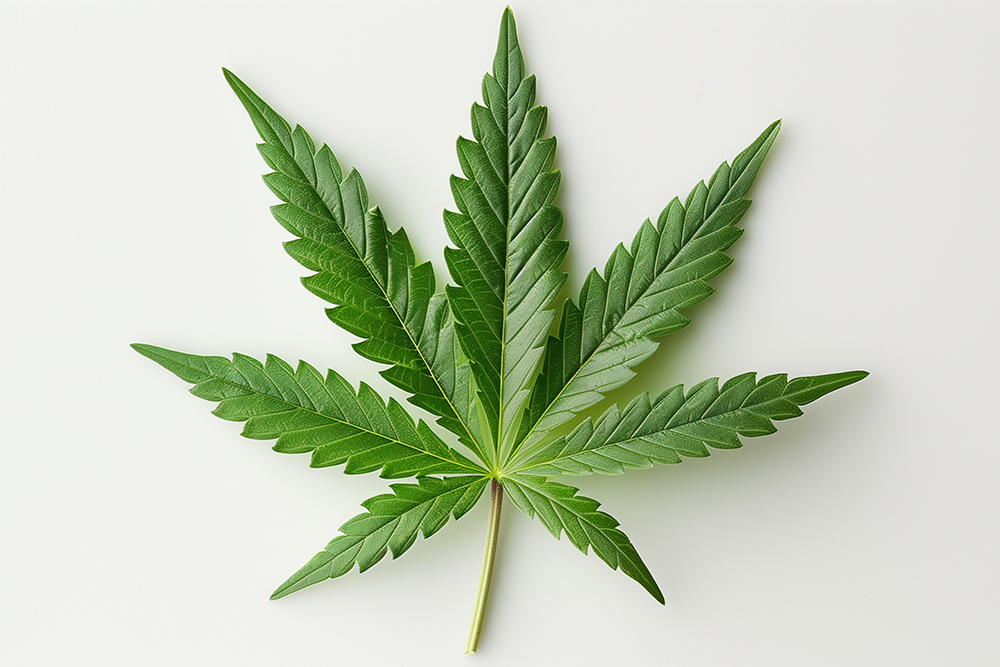
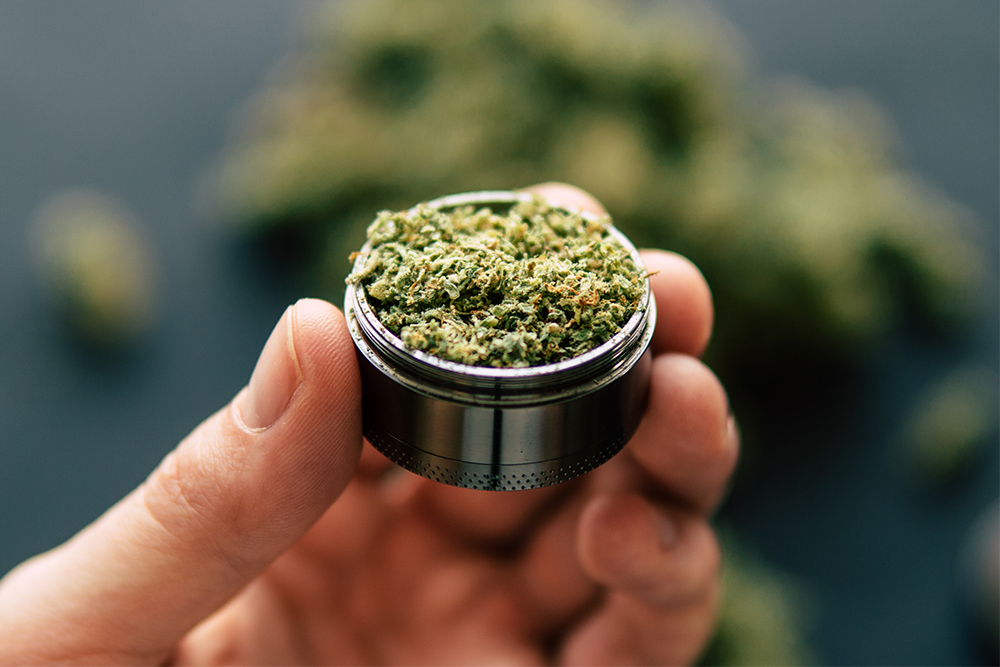
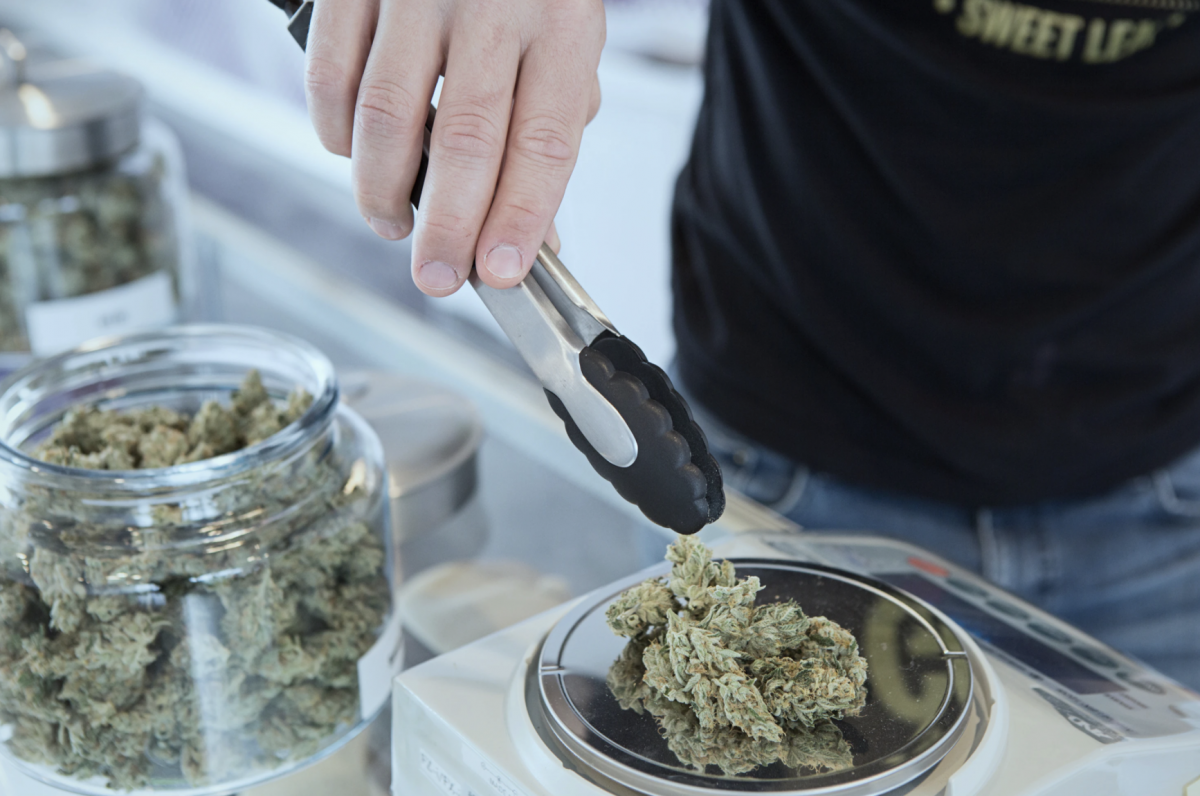



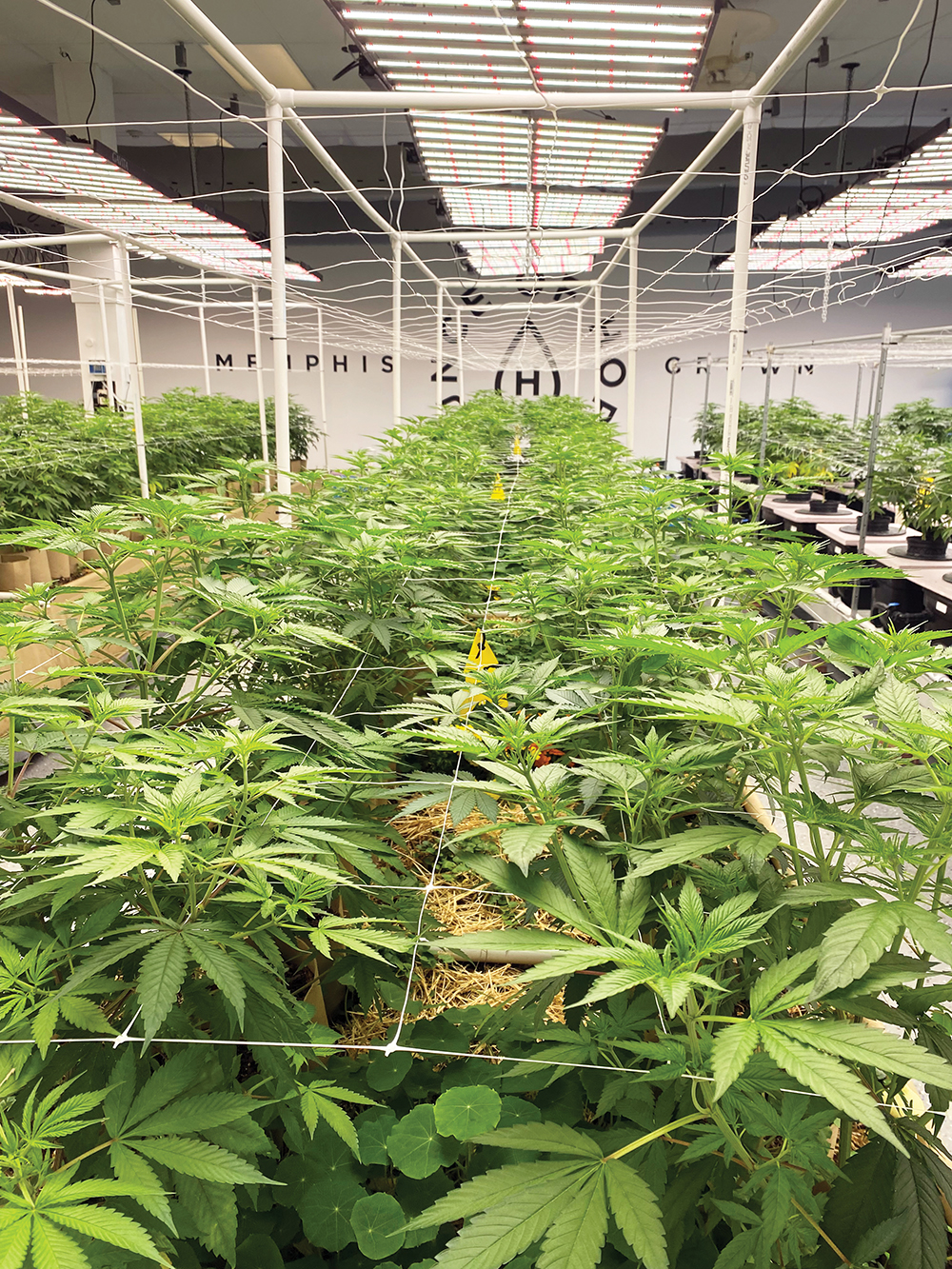

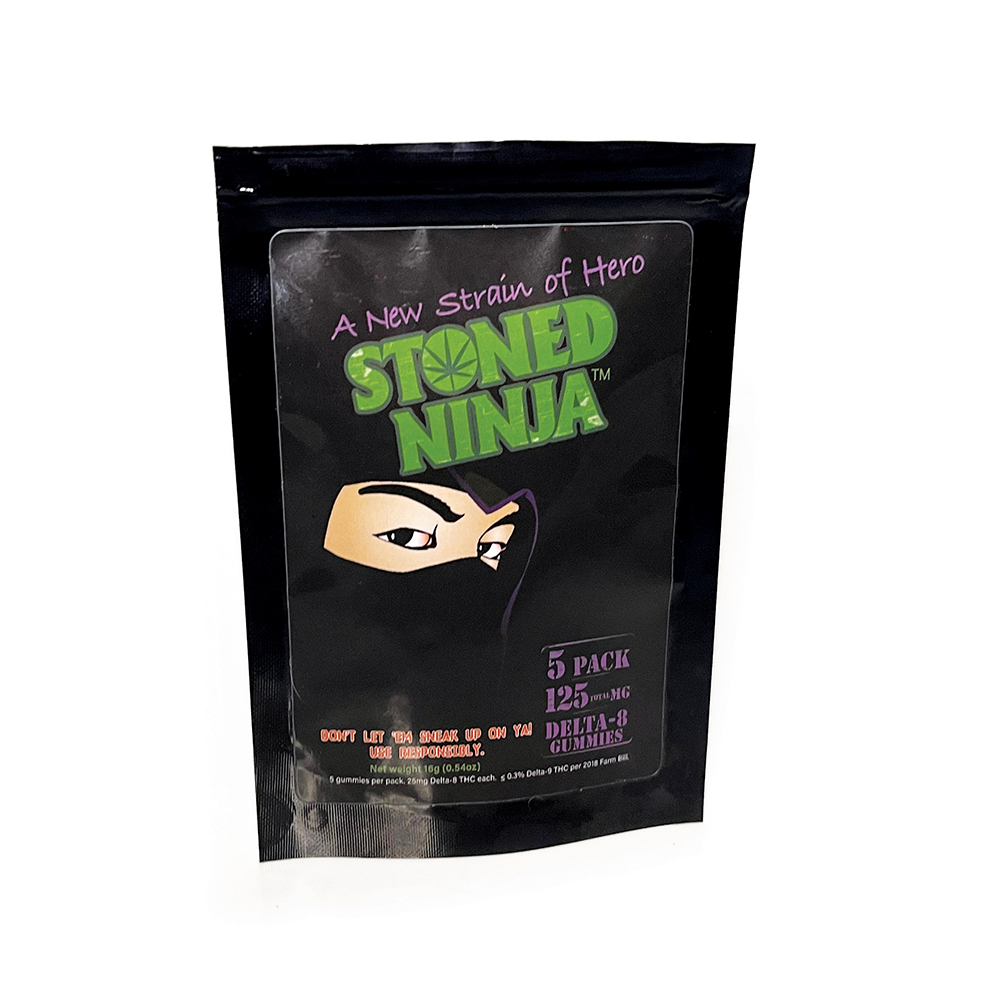
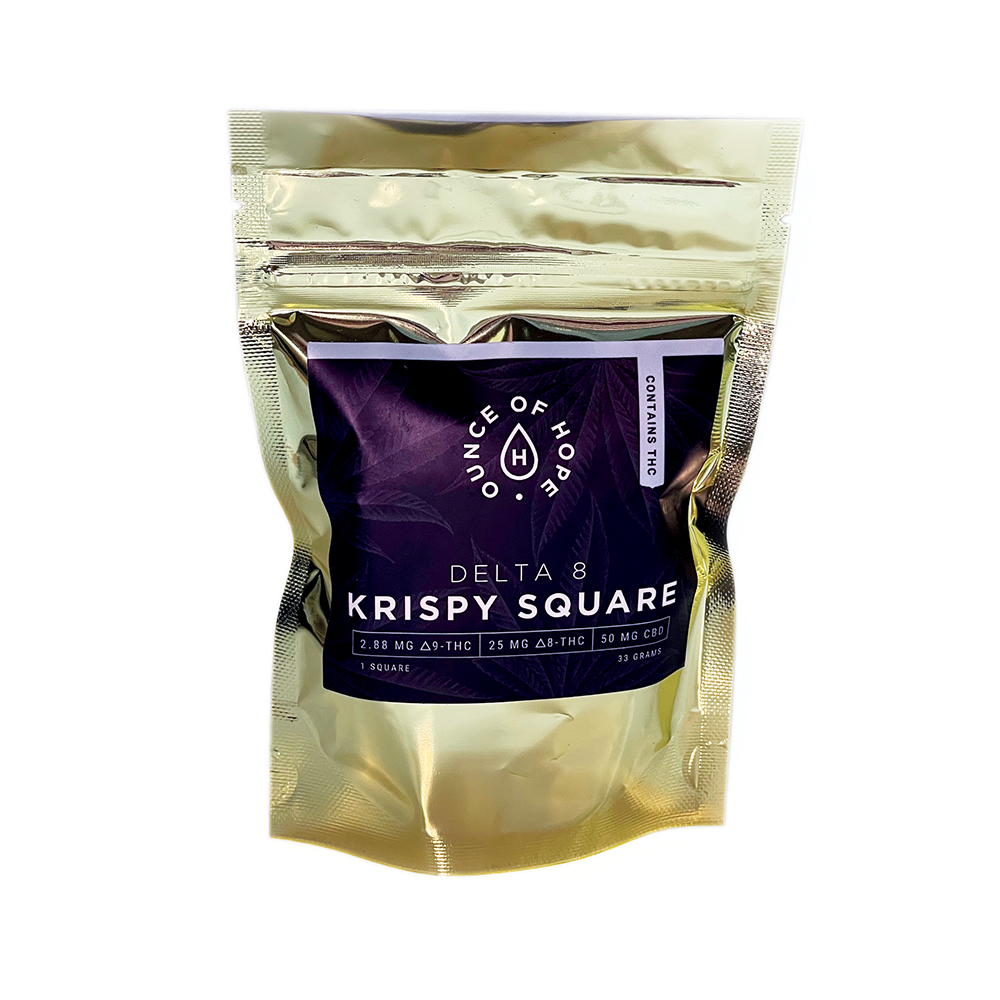
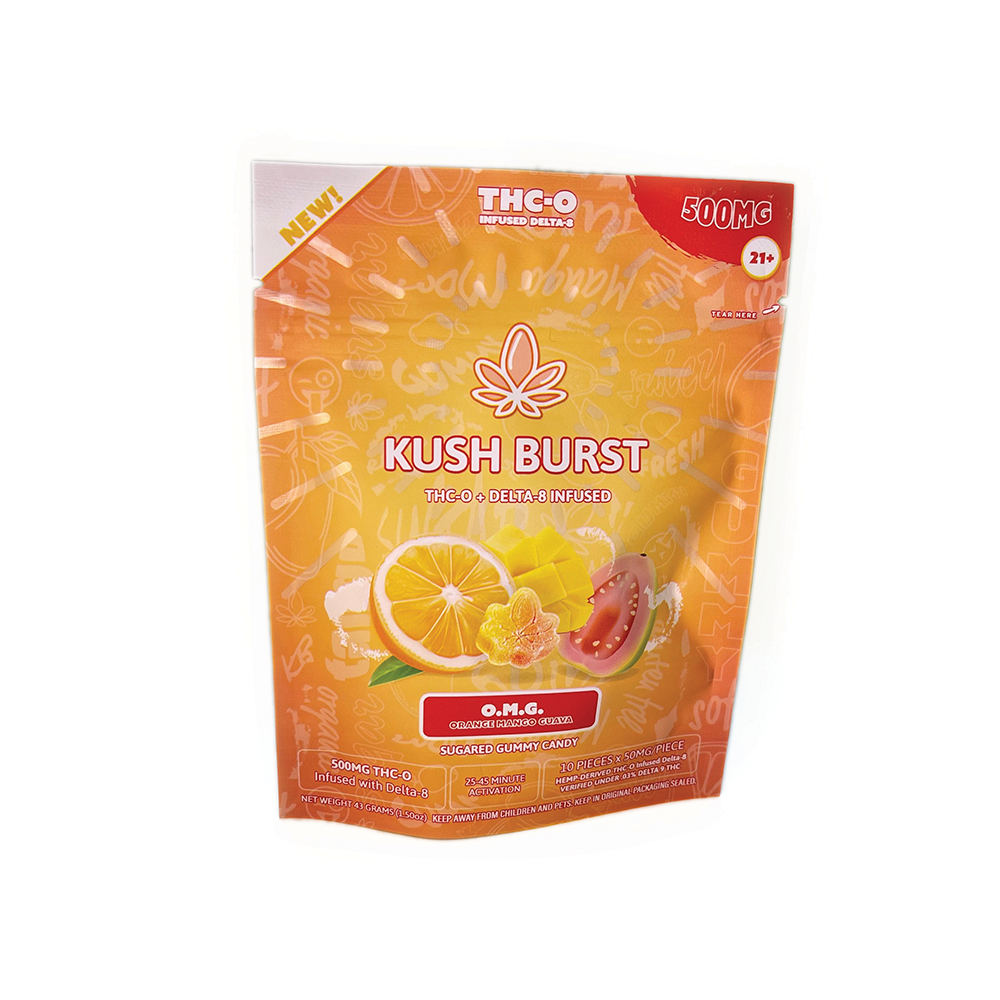

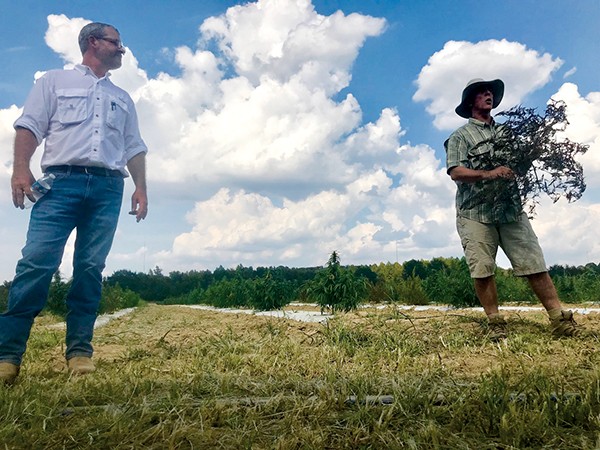 Toby Sells
Toby Sells